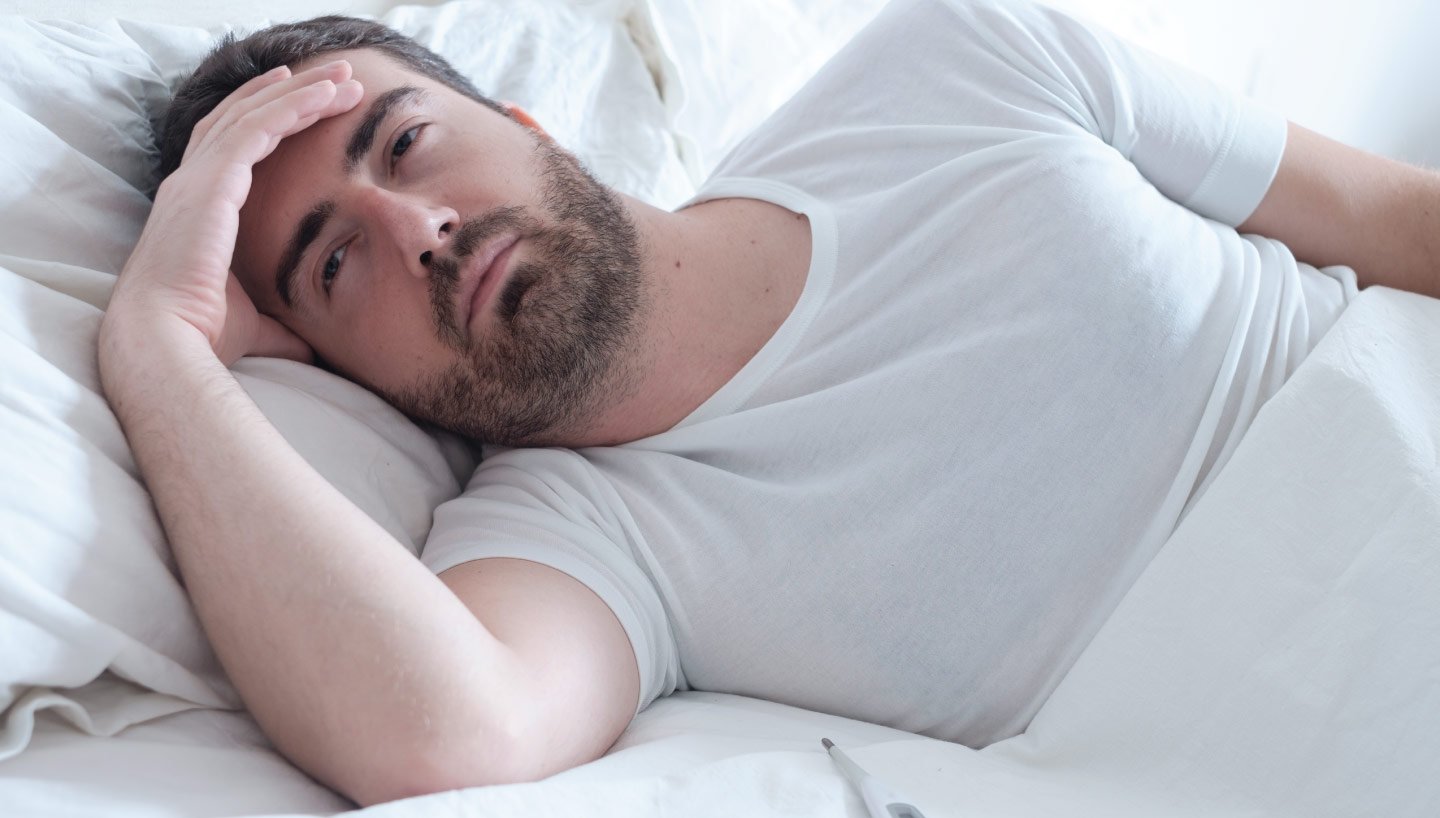Introduction
Getting sufficient, restful sleep is essential for our overall health and well-being. However, many people struggle with sleep issues, such as insomnia, restless sleep, or difficulty falling asleep. In recent years, CBD (cannabidiol) has emerged as a potential natural remedy for sleep problems. This comprehensive guide will explore the relationship between CBD and sleep, examining the scientific evidence, potential benefits, and considerations for using CBD to promote better sleep.
Table of Contents
Understanding Sleep and Its Importance
- The Sleep-Wake Cycle
- Common Sleep Issues
- Impact of Poor Sleep on Health
What Is CBD?
- CBD: A Brief Overview
- Differences Between CBD and THC
- How CBD Interacts with the Body’s Systems
The Science Behind CBD and Sleep
- Endocannabinoid System and Sleep Regulation
- Studies on CBD and Sleep
- Potential Mechanisms of Action
Potential Benefits of CBD for Sleep
- Promoting Relaxation and Reducing Anxiety
- Alleviating Pain and Discomfort
- Reducing Symptoms of Sleep Disorders
Factors to Consider When Using CBD for Sleep
- Finding the Right Dosage
- Choosing the Right CBD Product
- Potential Side Effects and Interactions
- Safety and Legality Considerations
Other Sleep-Enhancing Strategies
- Sleep Hygiene Practices
- Lifestyle Modifications
- Incorporating Relaxation Techniques
Personal Experiences and User Testimonials
- Anecdotal Evidence and User Reports
- Individual Responses to CBD for Sleep
Consultation with Healthcare Professionals
- Seeking Professional Advice
- Combining CBD with Other Medications
Conclusion
Conclusion
CBD has shown promising potential as a natural aid for sleep. While the research on CBD and sleep is still in its early stages, preliminary studies and anecdotal evidence suggest that CBD may help promote relaxation, reduce anxiety, alleviate pain, and improve sleep quality.
If you are considering using CBD for sleep, it is important to consult with a healthcare professional, especially if you have underlying health conditions or are taking medications. They can provide personalized guidance based on your specific circumstances.
Finding the right CBD product and dosage is also crucial. Start with a low dose and gradually increase until you find the optimal amount that works for you. Additionally, prioritize high-quality CBD products from reputable brands that undergo third-party testing to ensure potency and purity.
It is important to note that CBD is not a magic cure for sleep issues, and individual responses may vary. It is just one tool in a holistic approach to sleep health, which includes maintaining good sleep hygiene practices, making lifestyle modifications, and incorporating relaxation techniques.
Remember, this guide provides an overview of the current knowledge on CBD for sleep, but more research is needed to fully understand its mechanisms and effectiveness. Stay informed, consult healthcare professionals, and listen to your body to make informed decisions about incorporating CBD into your sleep routine.
Promoting Healthy Sleep Habits
Establish a Consistent Sleep Schedule
Set a regular bedtime and wake-up time to regulate your body’s internal clock. Consistency helps optimize your sleep-wake cycle and improves the quality of your sleep.
Create a Relaxing Sleep Environment
Make your bedroom conducive to sleep by ensuring it is dark, quiet, and at a comfortable temperature. Consider using blackout curtains, earplugs, or white noise machines to block out any disturbances.
Practice Relaxation Techniques
Engage in relaxation techniques before bed to calm your mind and prepare your body for sleep. This can include deep breathing exercises, meditation, gentle stretching, or taking a warm bath.
Limit Screen Time Before Bed
The blue light emitted by electronic devices can interfere with your sleep hormone production. Avoid using screens, such as smartphones, tablets, or computers, at least one hour before bedtime.
Avoid Stimulants and Heavy Meals
Limit your consumption of caffeine, nicotine, and alcohol, especially in the evening. Additionally, avoid heavy meals close to bedtime as they can cause discomfort and disrupt sleep.
Engage in Regular Physical Activity
Regular exercise during the day can promote better sleep at night. Aim for at least 30 minutes of moderate-intensity exercise most days of the week, but avoid vigorous exercise close to bedtime.
Manage Stress
Stress and anxiety can significantly impact sleep quality. Practice stress management techniques, such as mindfulness meditation, journaling, or talking to a trusted friend or therapist, to help alleviate stress and promote better sleep.
Tracking and Monitoring Your Sleep
Keep a Sleep Diary
Track your sleep patterns, including the time you go to bed, the time you wake up, and any sleep disturbances you experience. This can help identify patterns and potential factors that may be affecting your sleep.
Use Sleep Tracking Apps or Devices
Utilize technology, such as sleep tracking apps or wearable devices, to monitor your sleep duration, sleep quality, and other metrics. These tools can provide insights into your sleep patterns and help you make adjustments as needed.
Conclusion
While CBD shows promise as a potential aid for sleep, it is important to approach it as part of a comprehensive approach to sleep health. Incorporating healthy sleep habits, addressing underlying factors affecting sleep, and seeking professional guidance are essential steps in improving your sleep quality.
CBD may offer relaxation, anxiety reduction, and pain relief, which can contribute to better sleep. However, individual responses to CBD can vary, and more research is needed to fully understand its effectiveness, optimal dosage, and long-term effects on sleep.
If you are considering using CBD for sleep, consult with a healthcare professional to discuss your specific needs and any potential interactions with medications. Choose high-quality CBD products from reputable brands and start with a low dose, gradually increasing as needed.
Remember, improving your sleep involves a holistic approach, including healthy lifestyle habits, stress management, and creating a conducive sleep environment. By combining these strategies with CBD, you can work towards achieving restful and rejuvenating sleep.
- What are the Best Delta 8 Disposable Cartridges - July 24, 2023
- CBD For Sleep: Does It Work? - June 26, 2023

